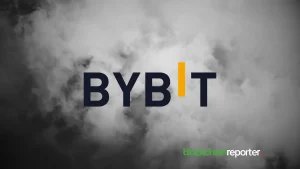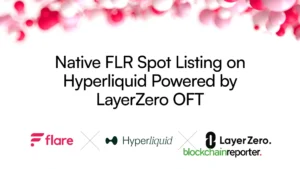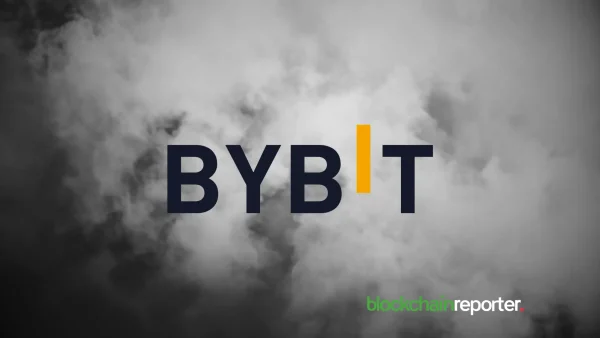
Celer Network, which is utilized for rapid and cost-effective dApp development, has recently announced to launch of Brevis. The latest project is a platform that uses Zero-Knowledge technology for the attestation of omnichain data. It enables smart contracts and decentralized applications (dApps) to access, utilize, as well as compute arbitrary data existing on several blockchain protocols. The respective process is carried out in a fully trust-free manner.
Celer Network Introduces Brevis for Additional Opportunities Concerning the Smart Contracts and DApp Sector
The platform published a blog post to explain the functionality of the latest project. It pointed toward the limitation of the Web2-based applications that have limited interoperability and data. On the other hand, Web3-based dApps have been developed to provide a solution for the respective problems.
Nonetheless, it moved on to say that the smart contracts – which are considered to be the core element of the decentralized applications – at present lack a trust-free mechanism. In this way, they cannot access and use the broad quantity of data kept in the complete history of several blockchain platforms. To deal with this, Brevis is being released by the platform. By using the Zero-Knowledge technology, it solves the above-mentioned issue.
The Firm Says the Modularized Structure of Brevis Provides Trust-Free and Most Effective Data Access and Calculation
The architecture of Brevis comprises 3 components named zkAggregatorRollup, zkQueryNet, and zkFabric. zkFabric gathers block headers belonging to the linked blockchain platforms and create Consensus Proofs for the attestation of the respective block headers’ validity through ZK-based light user circuits. On the other hand, zkQueryNet plays the role of an open marketplace containing ZK Query Engines. It accepts data queries related to smart contracts straightly from very specialized, like computing a decentralized exchange’s trading volume.
In addition to this, zkAggregatorRollup is known as a dedicated ZK rollup acting as the storage and aggregation layer for zkQueryNet and zkFabric. It validates the proofs related to both the aforementioned components along with storing the attested data. The platform added that the respective modularized architecture of Brevis lets it have fully trust-free, highly efficient, and flexible data access along with computation capabilities.
The platform is of the view that this will provide whole new paradigms centred around the development of decentralized applications. According to Celer Network, Brevis has several use cases such as social account abstraction, zkDIDs, on-chain client acquisition, zkBridges, and data-driven DeFi.








